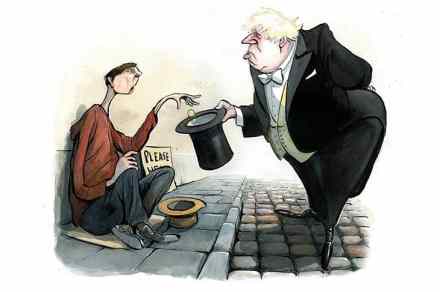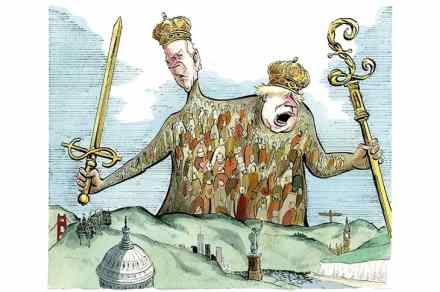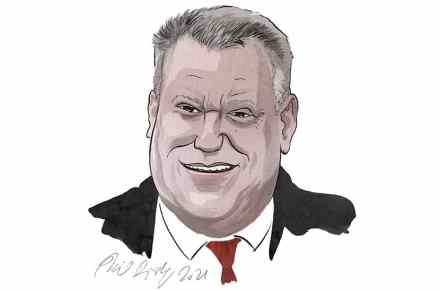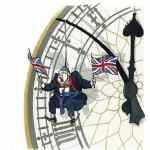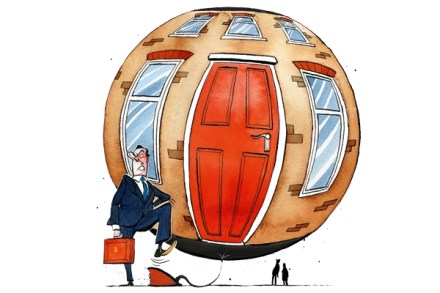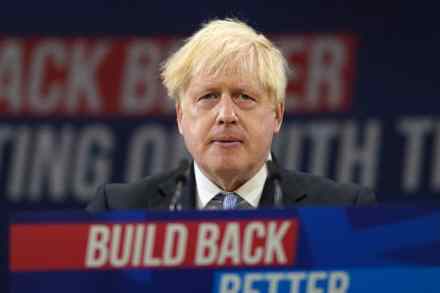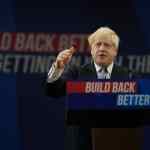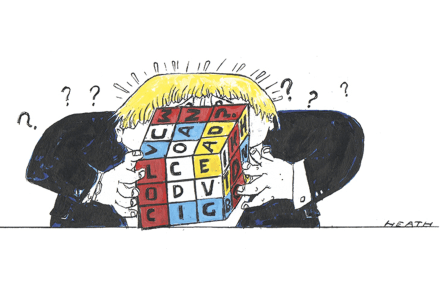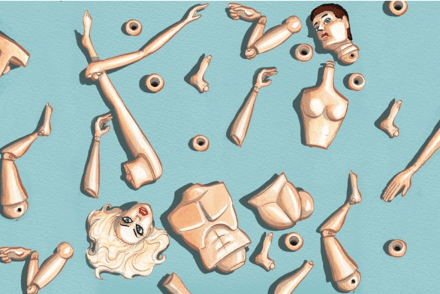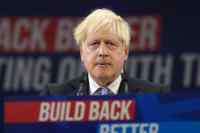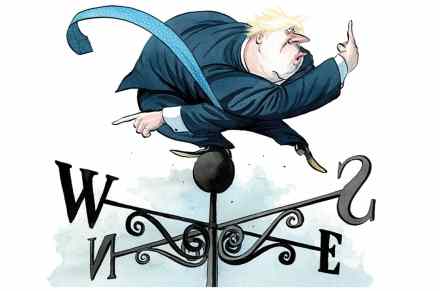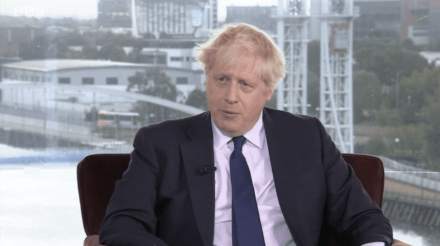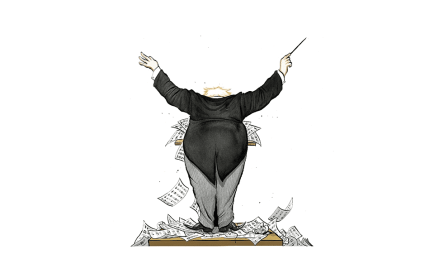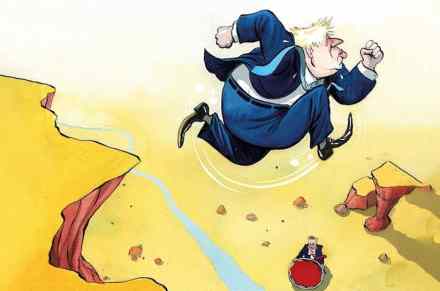It’s no wonder young people don’t understand levelling up
There are two ways Number 10 can look at new polling which shows only 14 per cent of Britons understand the slogan ‘levelling up’. The first: the government has utterly failed to communicate its signature policy. The second: at least they didn’t poll the Cabinet. The findings, which come in research by Redfield & Wilton Strategies for PoliticsHome, are interesting for what they tell us about now much the slogan has cut through (66 per cent have heard of it) versus how much it’s been understood (one in three haven’t the foggiest what it refers to). Ministers may not be all that troubled because political slogans function much like old movie
